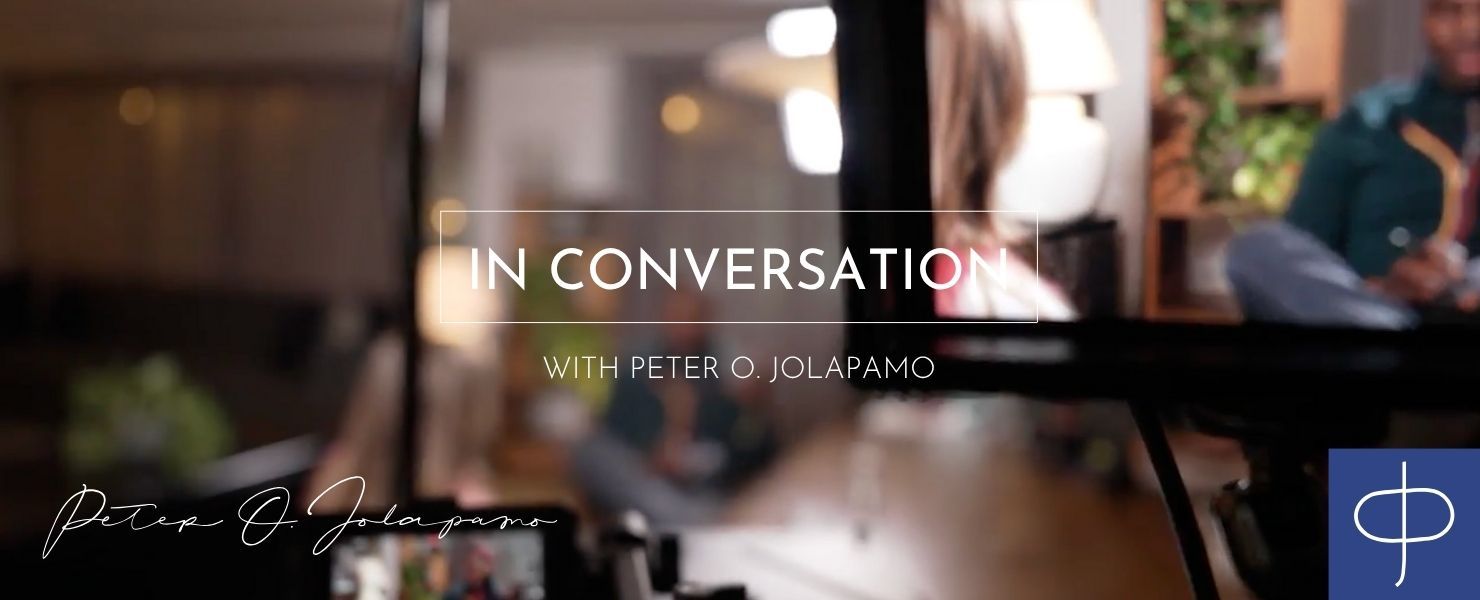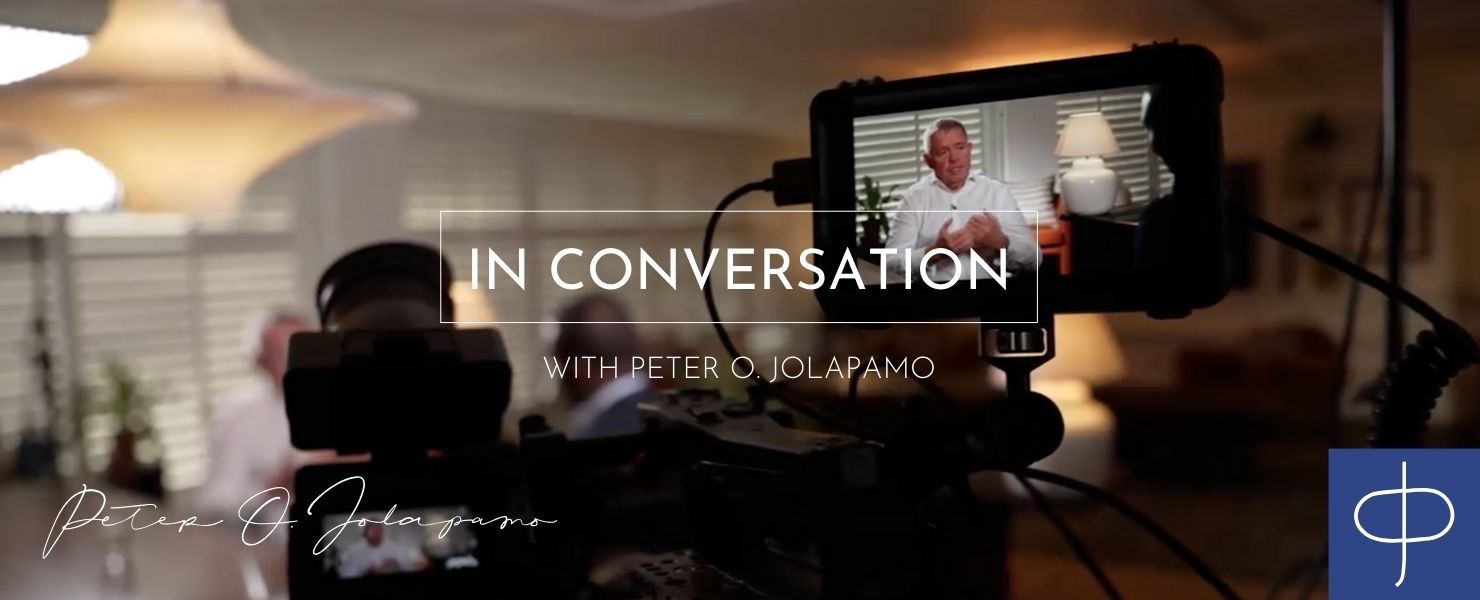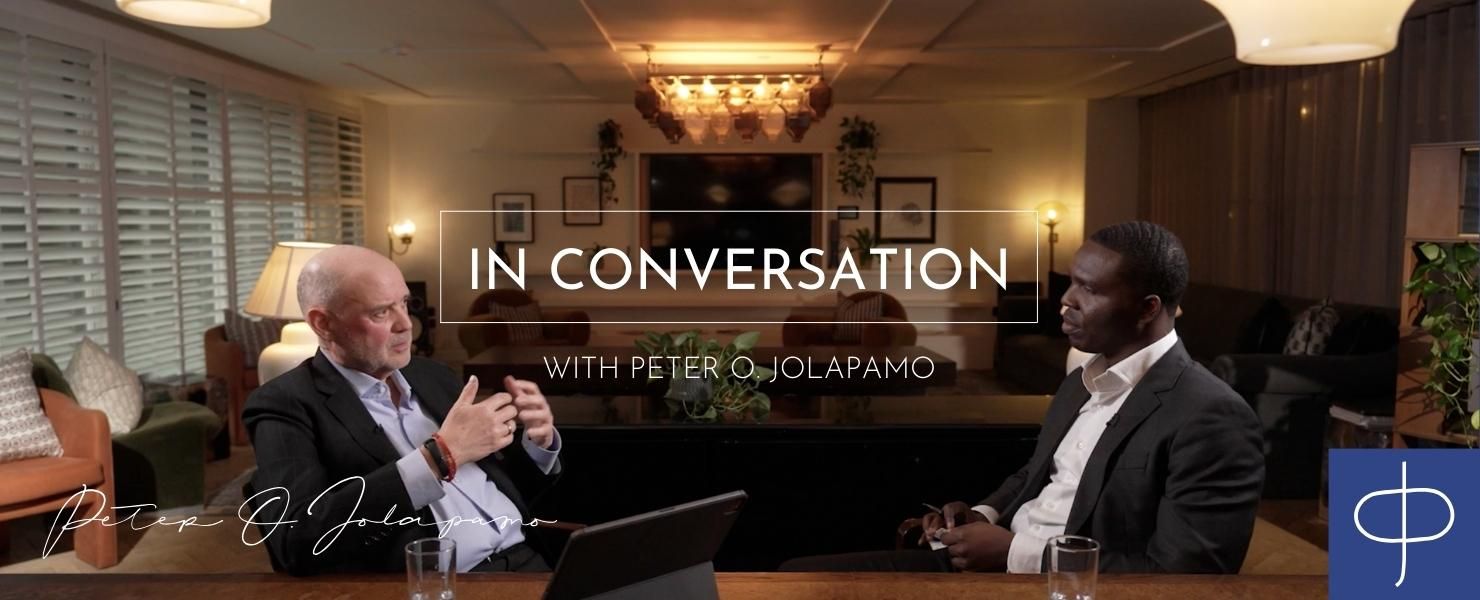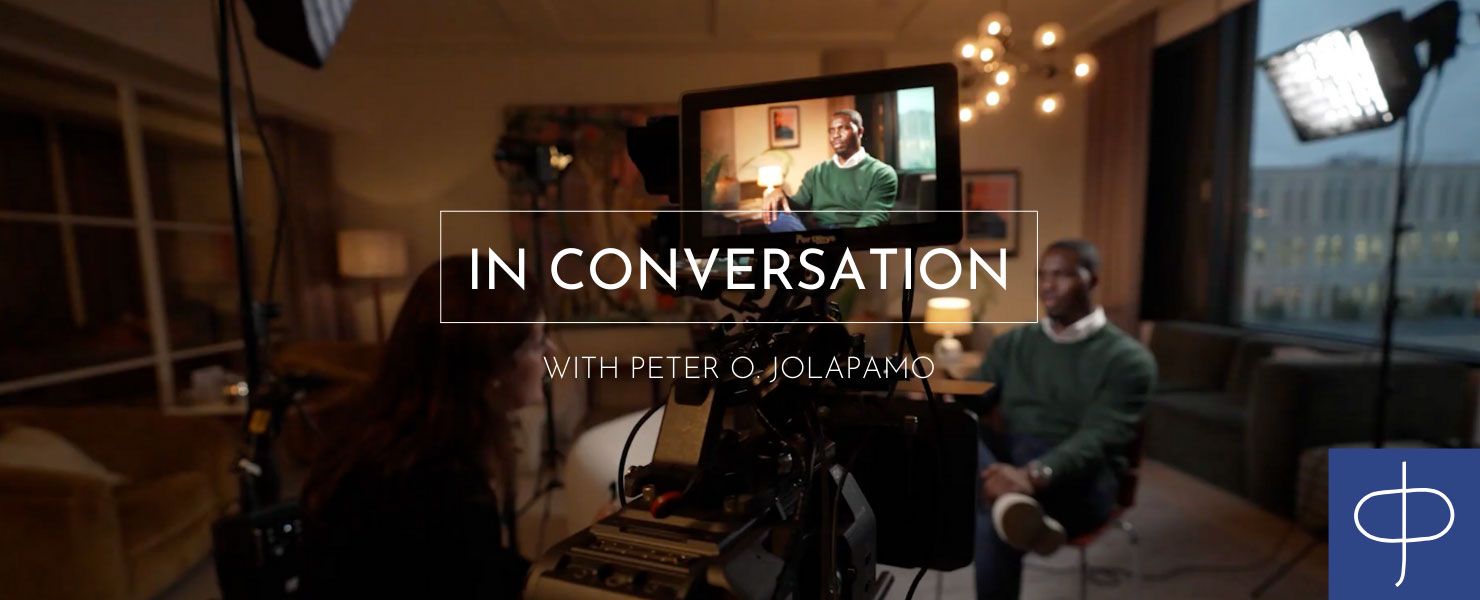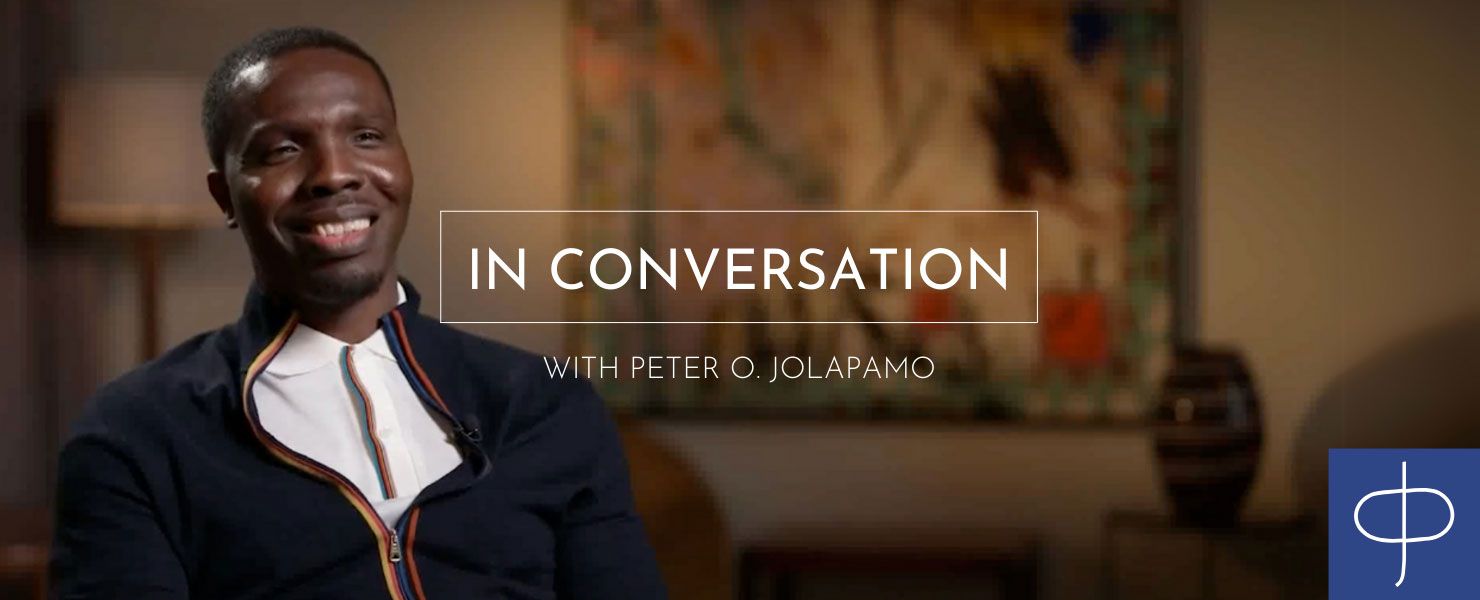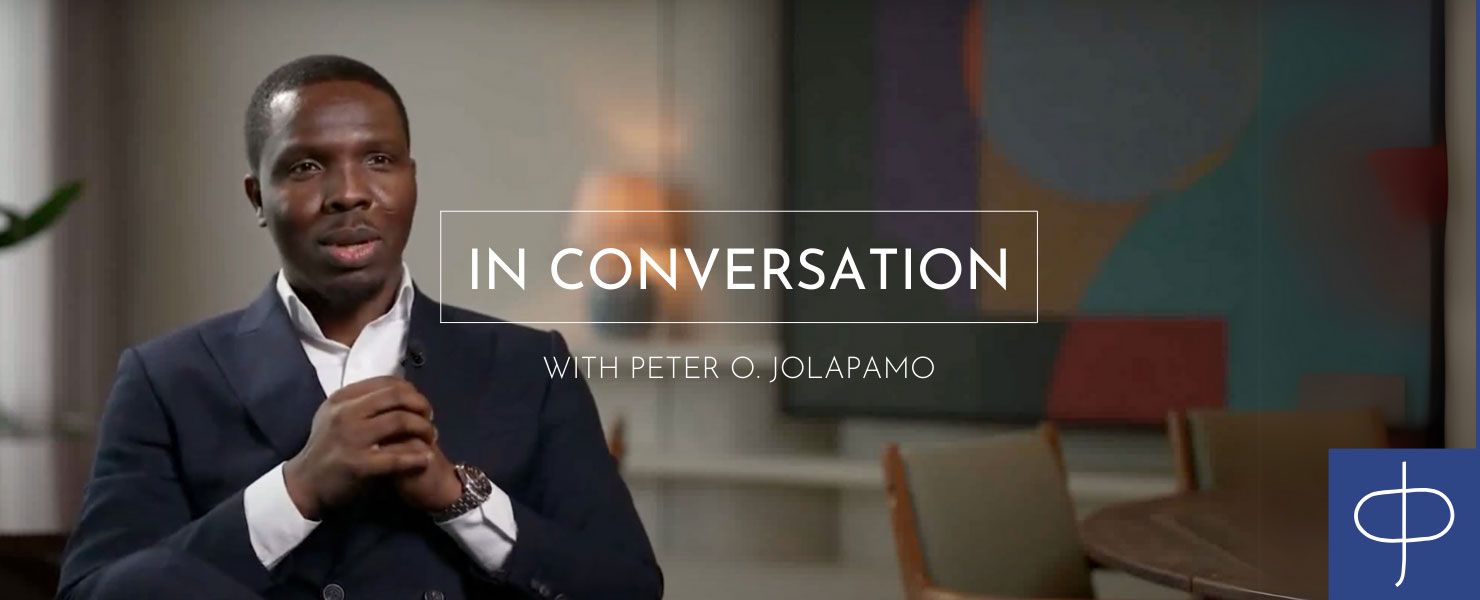Keeping it human: The secret to getting the best from your data
How can data and technology empower businesses to understand their customers better and deliver hyper-personalised experiences?
The answer: keep it human.
Data is powerful – But it’s not the whole story
Most companies are already collecting vast amounts of customer data. In 2023, data removal experts Incogni analysed 180 shopping apps across 59 countries. Nike and H&M topped the list, each collecting a staggering 17 data points per purchase – including purchase history, financial information, photos, video, location, performance data and even messages.
This data is the easiest to gather and brilliant at telling you what has happened in the past. It is the data of understanding, according to data leader, Aleksandra Semenenko. It is valuable but limited. Aleksandra understood this in a lightbulb moment in her own career. She shares: “It was the first time when I realised that everything that I do in front of a computer actually needs to be absorbed by human beings and agreed by human beings.”
From transactions to emotional connections
More than this, though, she adds that data isn’t just about efficiency. It’s a tool for building relationships – the fuel for creating fans from customers. It can be used to delve into what a customer’s values are and therefore where the company’s values intersect. As Aleksandra neatly explains: “For a person to become a fan of a brand, they need to feel an emotional connection with the values of these brand; that their values are aligned.”
“For a person to become a fan of a brand, they need to feel an emotional connection with the values of these brand; that their values are aligned.”
This means tapping into qualitative insights that give numbers context and emotional weight. As author Dan Heath wrote in Switch: “Data are just summaries of thousands of stories – tell a few of those stories to help make the data meaningful.” Once you have these stories, you can use them to create marketing activation strategies, pricing strategies and product recommendation strategies. They can help you design your future interactions with that customer to maintain the emotional connection.
As Aleksandra explains, this makes the customer feel that they have your attention. Transparency is also key to this. Companies must share what data they are collecting and why. Customers want to know what they are getting in return. “It’s give and take,” says Aleksandra: “You ask for their data, so give something else in return like enhanced customer experience, better promotions, great discounts and great events.” Ultimately, when customers feel they’re being seen, not just analysed, trust is built.
How to avoid data overload
But let’s not shy away from the fact that it isn’t a straightforward task to find the gems you need. How do you not get weighed down by information paralysis? This is where companies must use their “human brain” and set themselves specific questions to use data to answer: What are the values of my brand? What hypotheses do I want to test first? What decisions am I trying to inform?
Companies must use their “human brain” and set themselves specific questions to use the data to answer.
Aleksandra emphasises that you should have more than solely your data team involved in determining these data foundations. If you deploy new tools – for example, AI, make sure that everyone is on board with them. All key players – from marketing to product to leadership – should come on a journey together to find the value in the data. “The data slowly but surely will drive them to do better and better,” she says. This will also allow you to be agile in your decision making when you get answers. It also means the company will be more resilient – with everyone on the same page – if you hit any roadblocks.
Enhance not replace
The end game is to use data to enhance the company’s emotional intelligence rather than replace human connection. However, the obsession with collecting more data is lazy – smart companies use what they already have, and use it better. As Aleksandra explains, each piece of data will provide a piece of the puzzle, which – when assembled with care – will create a picture of who your customer is.
This picture might change as humans do in their tastes and needs – but data can be used to help you find the new pieces of the puzzle to replace the outdated. As Aleksandra explains: “It’s actually not enough to know your partner – the customer – really well. You need to make an effort to maintain this interest also, because you change and your partner changes, and you need to be in sync all the time.”
In fact, you need to be customer obsessed and then in return, you might make fans of your customers by winning their loyalty. Yes, data can be a tricky beast to conquer. It’s sometimes an inexact and challenging taskmaster, but you must use it to achieve a simple mantra, says Aleksandra: “If you want people to love you, you need to love them back…just in a GDPR compliant way.”
In the race to automate, optimise, and personalise, don’t forget the human heart of data. Data doesn’t build loyalty – people do. The brands that win won’t be those with the most data, but those that use it to make every customer feel seen, understood, and valued.

